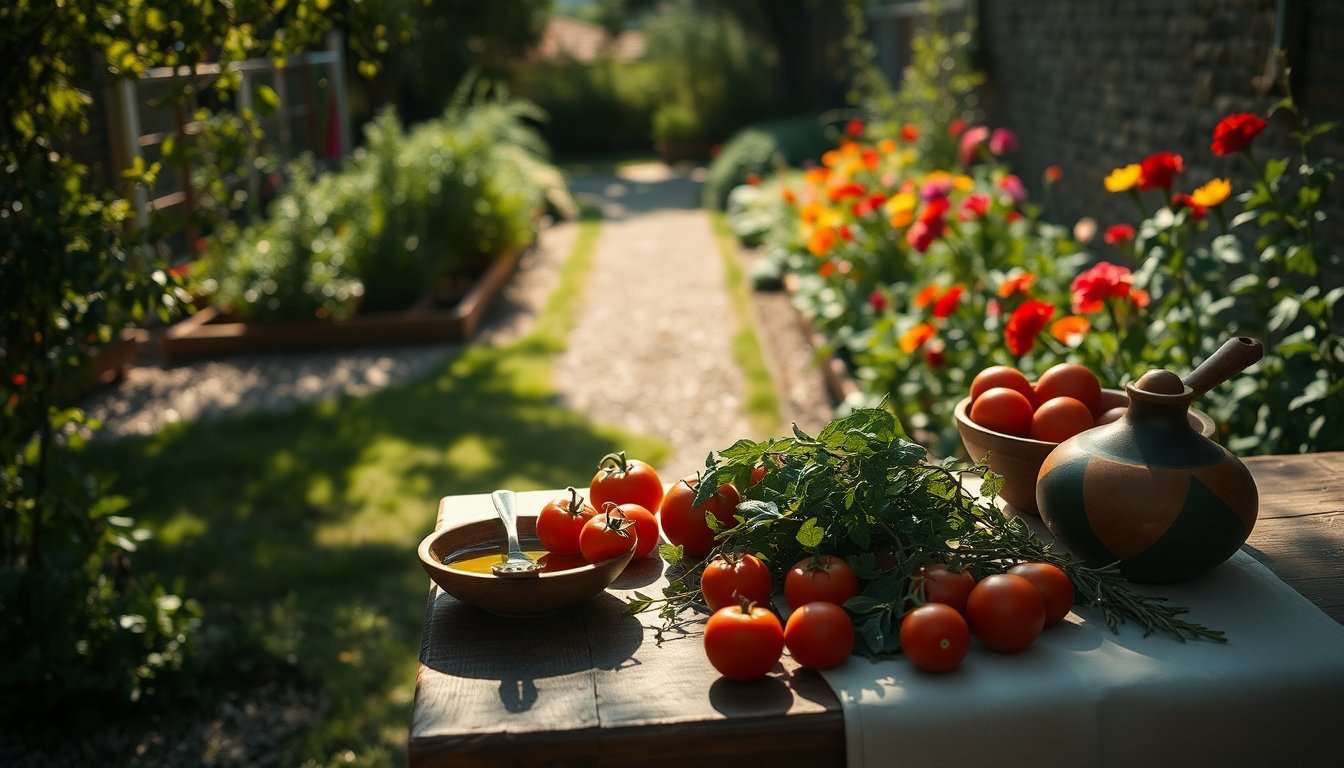Table of Contents
Understanding the philosophy of slow living
Slow living is not merely a trend; it represents a significant cultural movement urging individuals to step back from the rapid pace of contemporary life. Originating from the Slow Food Movement in Italy during the 1980s, this philosophy aimed to preserve traditional cuisines and promote local produce. As it evolved, slow living began to encompass various facets of existence, including work, leisure, and interpersonal relationships.
The link between mindfulness and mental health
Incorporating mindfulness into everyday routines is fundamental to the slow living philosophy. Slowing down affords us the opportunity to breathe, reflect, and genuinely engage with our environment. Research indicates that practicing mindfulness can significantly alleviate stress and anxiety, fostering better mental health. By concentrating on the present moment, we nurture a deeper appreciation for life, thereby enhancing our emotional and psychological well-being.
Rethinking productivity: focusing on quality
In a society where busyness is often viewed as synonymous with success, slow living challenges this perception by emphasizing quality over quantity. This entails prioritizing meaningful tasks and relationships instead of burdening ourselves with endless to-do lists. Adopting a more intentional approach to productivity can boost creativity and satisfaction, ultimately leading to a more fulfilling life.
Designing a slow living space: practical tips
Your home environment plays a vital role in nurturing a slow lifestyle. To establish a space that encourages relaxation and mindfulness, consider integrating elements such as natural light, minimalist decor, and greenery. These features not only enhance the aesthetic charm of your home but also promote a sense of peace and tranquility.
Looking forward: the future of slow living
As we navigate the complexities of modern existence, the movement towards slow living is poised to gain traction. Increasingly, individuals are acknowledging the significance of mental health and well-being, prompting a shift in priorities. Embracing slow living can foster resilience and strengthen our connection to ourselves and the world around us.


